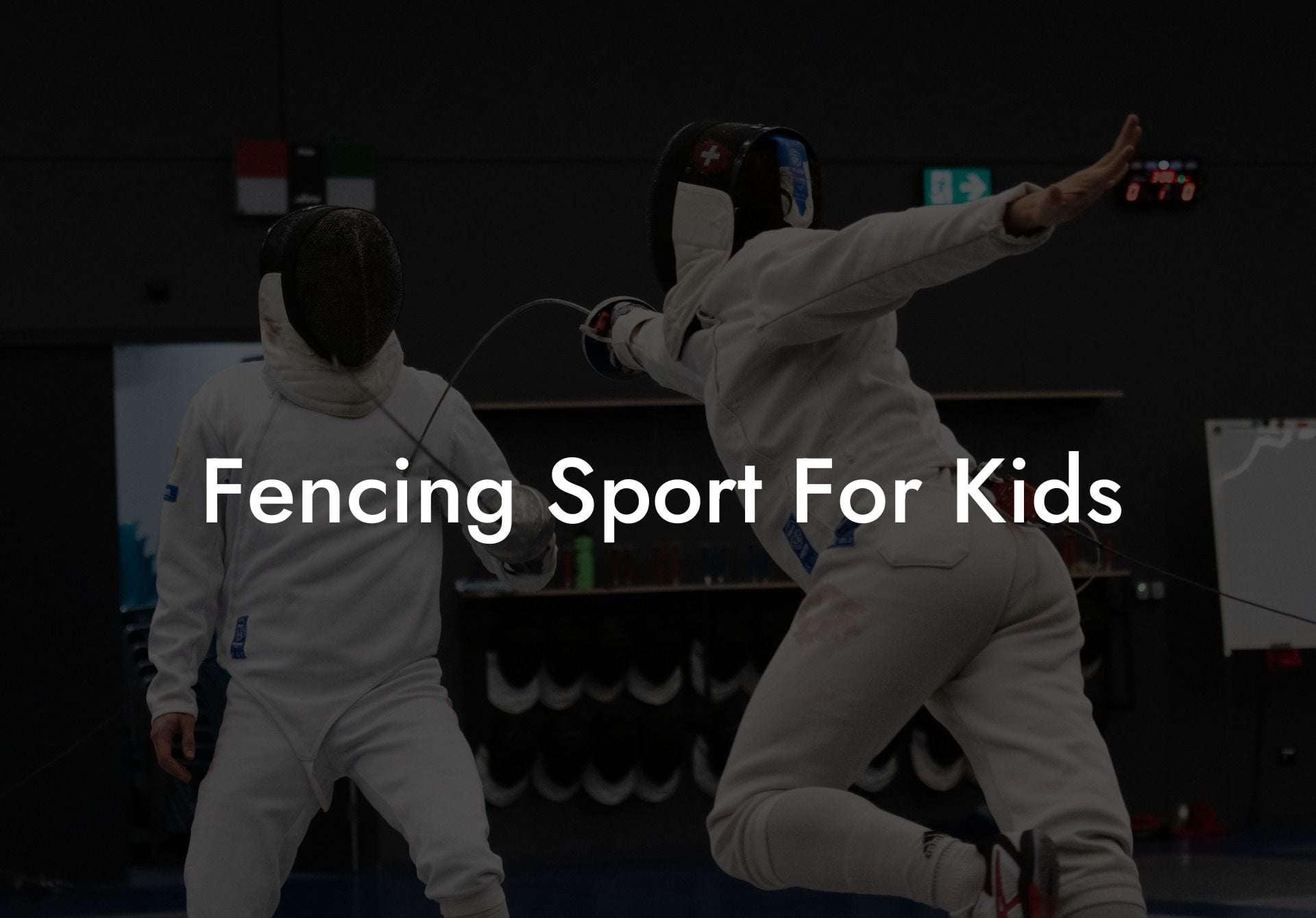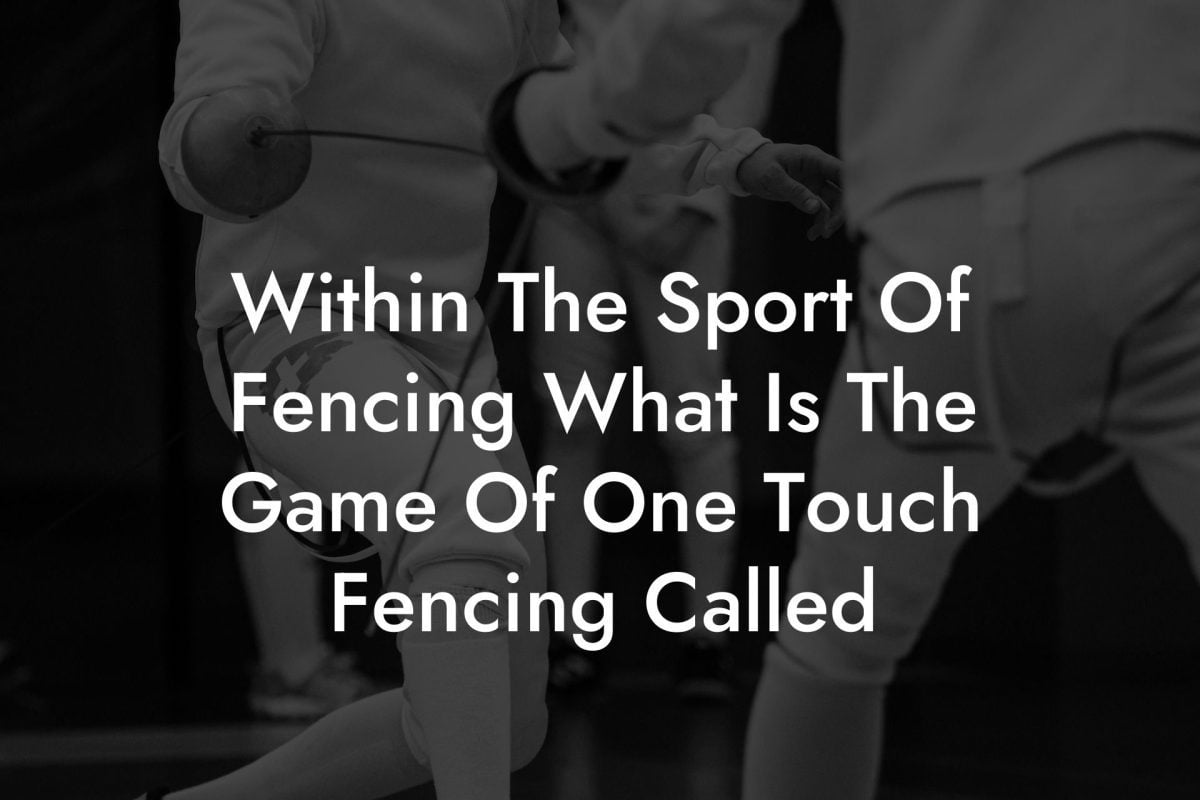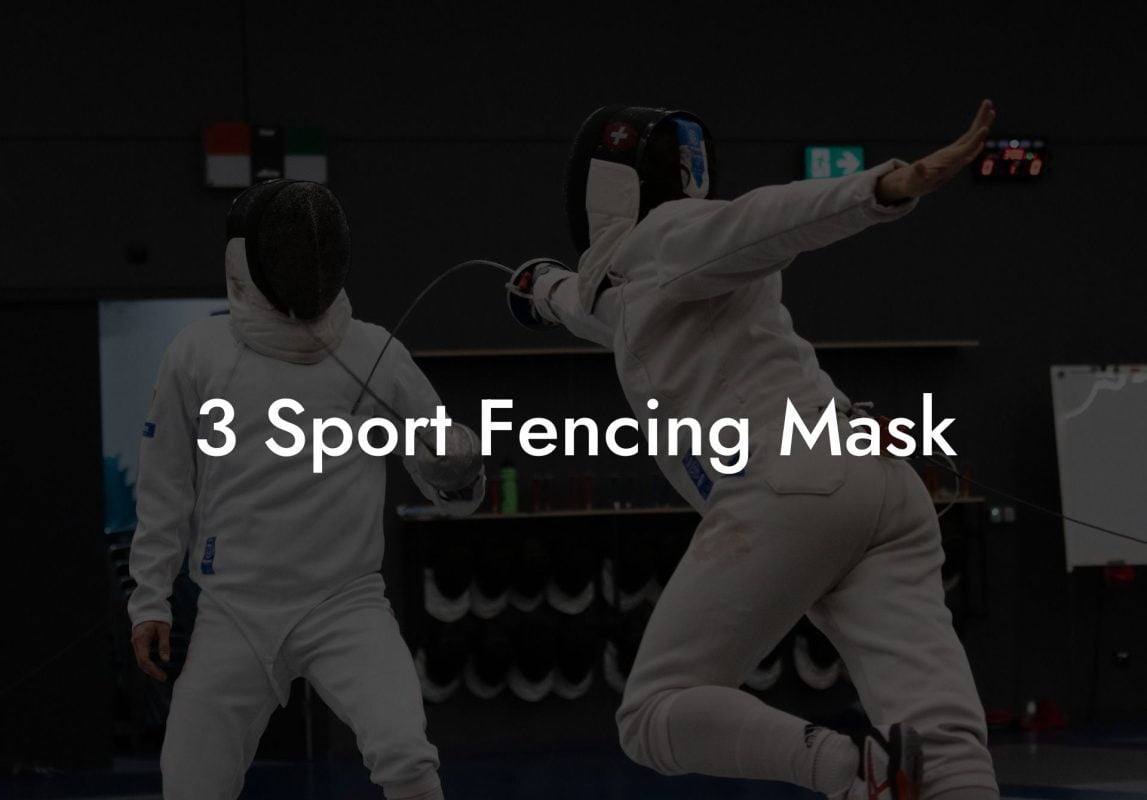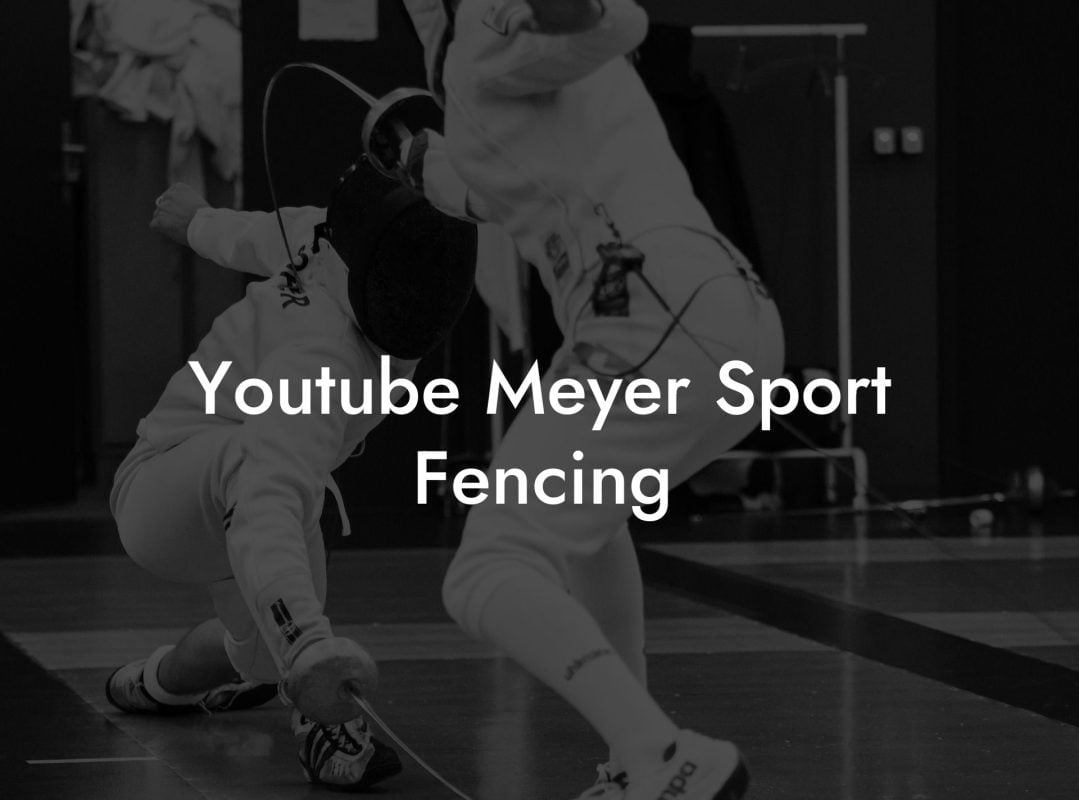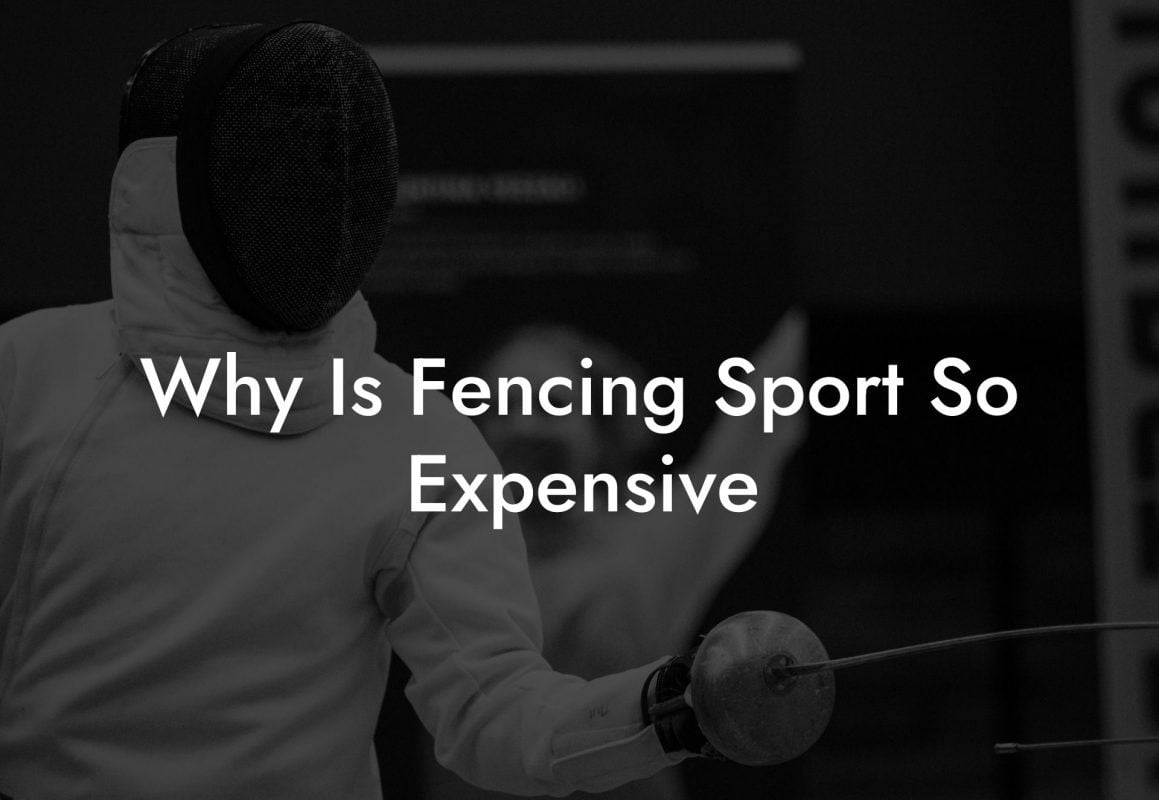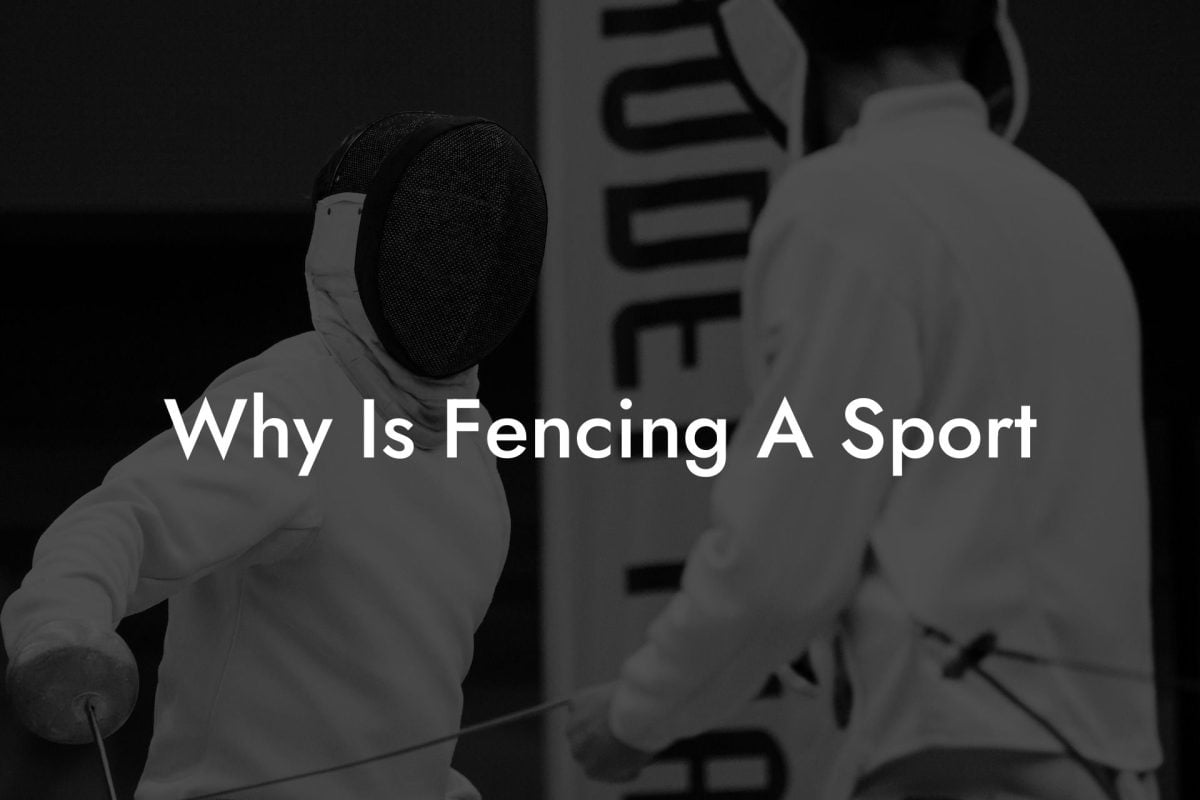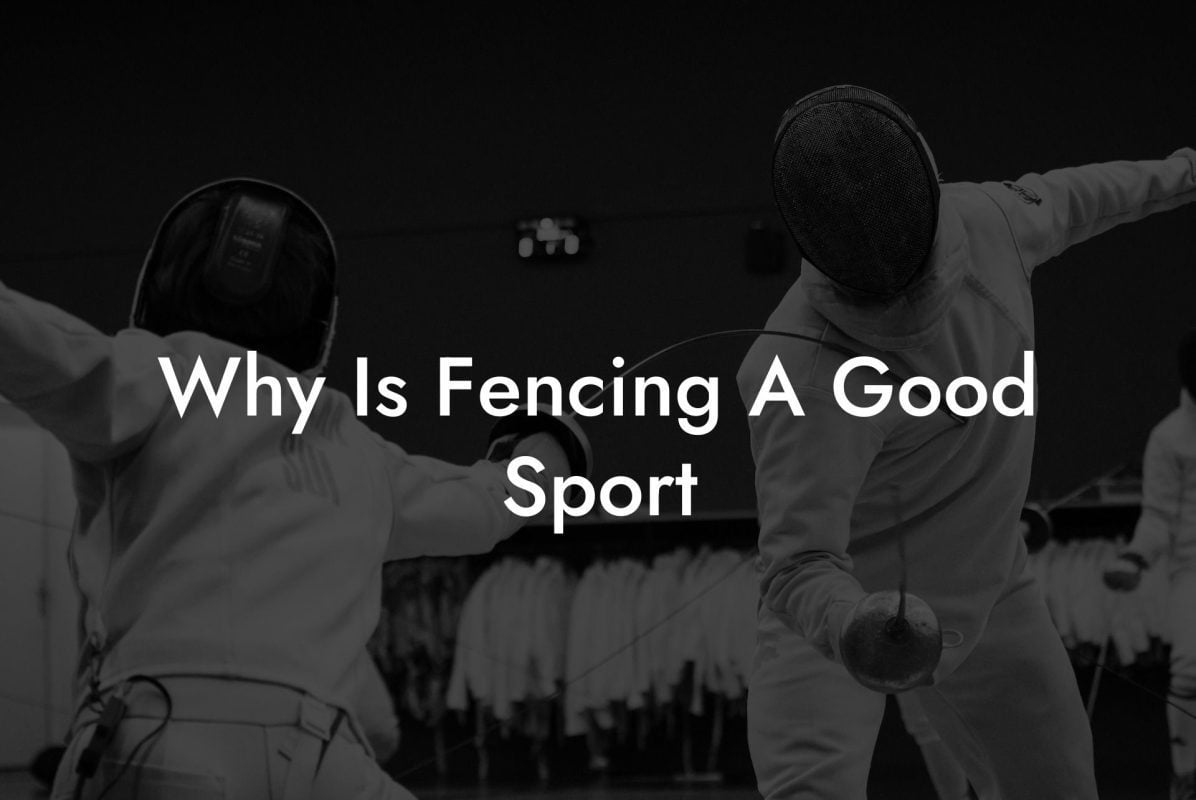Fencing is not only a fantastic physical activity but also a great way to teach kids important life skills like discipline, sportsmanship, and strategic thinking. If you're looking to introduce your child to the exciting world of fencing or simply want to learn more about this unique sport for kids, then this article is for you!
Fencing Sport For Kids Table of Contents
Why Fencing is Great for Kids
There are numerous reasons why fencing is an ideal sport for kids. Here are some of the main benefits:
* Physical fitness: Fencing provides a whole body workout, improving balance, agility, and coordination. It also helps build muscle and increase endurance.
* Develops mental skills: Fencing is a strategic sport that requires quick decision making and problem-solving abilities. This cultivates mental sharpness and tactical thinking in children.
* Social skills: Fencing is a social activity and promotes respectful communication and good sportsmanship between competitors.
* Boosts self-esteem: As children progress and improve in fencing, they experience a sense of accomplishment which, in turn, boosts their confidence.
* Gender-neutral: Fencing is a sport that can be enjoyed by both boys and girls, making it accessible to all kids.
What Age Should Kids Start Fencing?
Children can start learning fencing as young as six or seven years old. This is when they have generally developed sufficient motor skills and focus to follow instructions and practice basic fencing moves. Of course, every child is different, and parents should gauge their child's readiness for fencing based on their individual development.
Types of Fencing and What They Offer
There are three fencing disciplines, and each offers its unique benefits:
1. Foil: Foil is the most common discipline for beginners. It emphasizes precision and technique, teaching kids concentration and discipline.
2. Epee: Epee requires more strength and allows for more aggressive tactics. This discipline can help develop assertiveness and improve cardiovascular fitness.
3. Sabre: Sabre is the fastest-paced discipline and requires quick thinking and reactions. This style enhances reflexes and agility.
Finding the Right Fencing Club for Your Child
To ensure a positive experience, it's essential to find a fencing club that suits your child's needs. Consider the following factors when choosing a club:
* Reputation: Look for reviews and recommendations from other parents or online resources.
* Coaching: Ensure that the coaches have the necessary qualifications and experience working with kids.
* Safety: Prioritize clubs that focus on safety and injury prevention.
* Class Size: Smaller class sizes usually mean more personalized attention for your child.
Fencing Sport For Kids Example:
Imagine your seven-year-old daughter is showing interest in fencing after watching a movie featuring the sport. You begin researching fencing clubs in your area and find one highly recommended by other parents. After visiting the club, you're impressed by the friendly atmosphere and qualified coaches. Your daughter starts with group foil classes and quickly becomes more br>
Fencing is an amazing sport for kids, offering physical, mental, and social benefits. With the right guidance and support, children can unlock their potential and develop a lifelong love for this unique sport. If you enjoyed this article, please feel free to share it with others and explore more guides on Anchorage Fencing Club to continue learning about fencing's exciting world.

